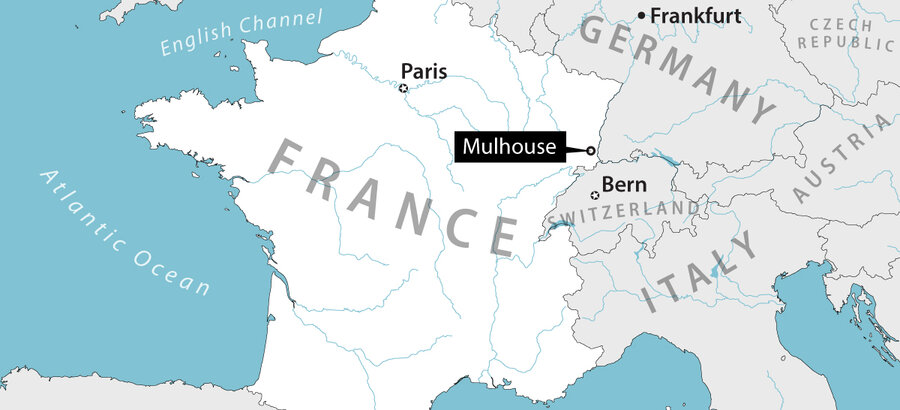The protests in Paris are grounded in issues that are specific to France. But our reporters have found a familiar global theme in talking to protesters: a sense that their views don't matter – or worse, that they are simply invisible.
Monitor Daily Podcast
- Follow us:
- Apple Podcasts
- Spotify
- RSS Feed
- Download
 Amelia Newcomb
Amelia Newcomb
How the search for the perfect Christmas tree is changing.
We just got ours with an approach that lies somewhere between the guy I saw lugging his pick from a Manhattan sidewalk stand and childhood tree-cutting adventures in my grandfather’s woods. We headed to a nursery, jostling in good humor with others on their seasonal quest.
But more and more Americans now want trees to arrive – at the doorstep, in a box. No more worries about negotiating rain, cold, or children who suddenly decide this isn’t fun, even if that’s usually the stuff of fond memories.
Enter Amazon, which has just launched large tree delivery. At least one farmer has burned his Amazon Prime membership, saying the move will kill independent nurseries. And don’t mention the popularity of ever-more realistic artificial trees, which don’t demand water and clean up nicely.
It adds up to a challenging year for the industry. Prices are up 17 percent since 2015, driven by reduced planting during the Great Recession and extended rainy periods in many areas that have affected tree health and family enthusiasm for an outing.
But traditional farmers might find hope in another feature of modern life. That picture of children getting acquainted with the vibrancy of real trees is one families want to share on social media. And with good reason: it’s an image of innocent joy that connects us with each other and the season’s true spirit.
Now to our five stories, which look at the challenge of protest and outrage in France, the UK, and the US – as well as a quiet answer to it in Germany.











